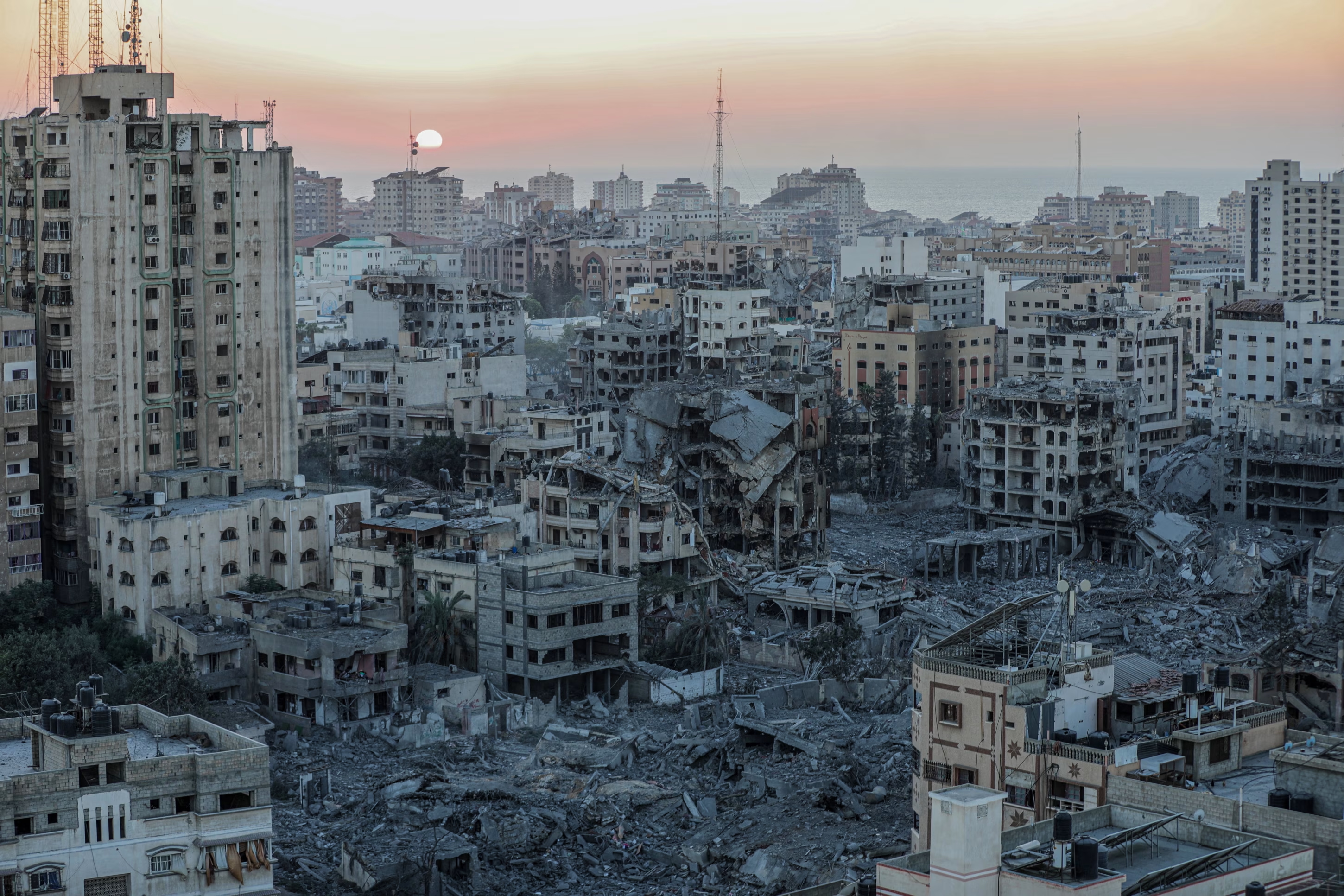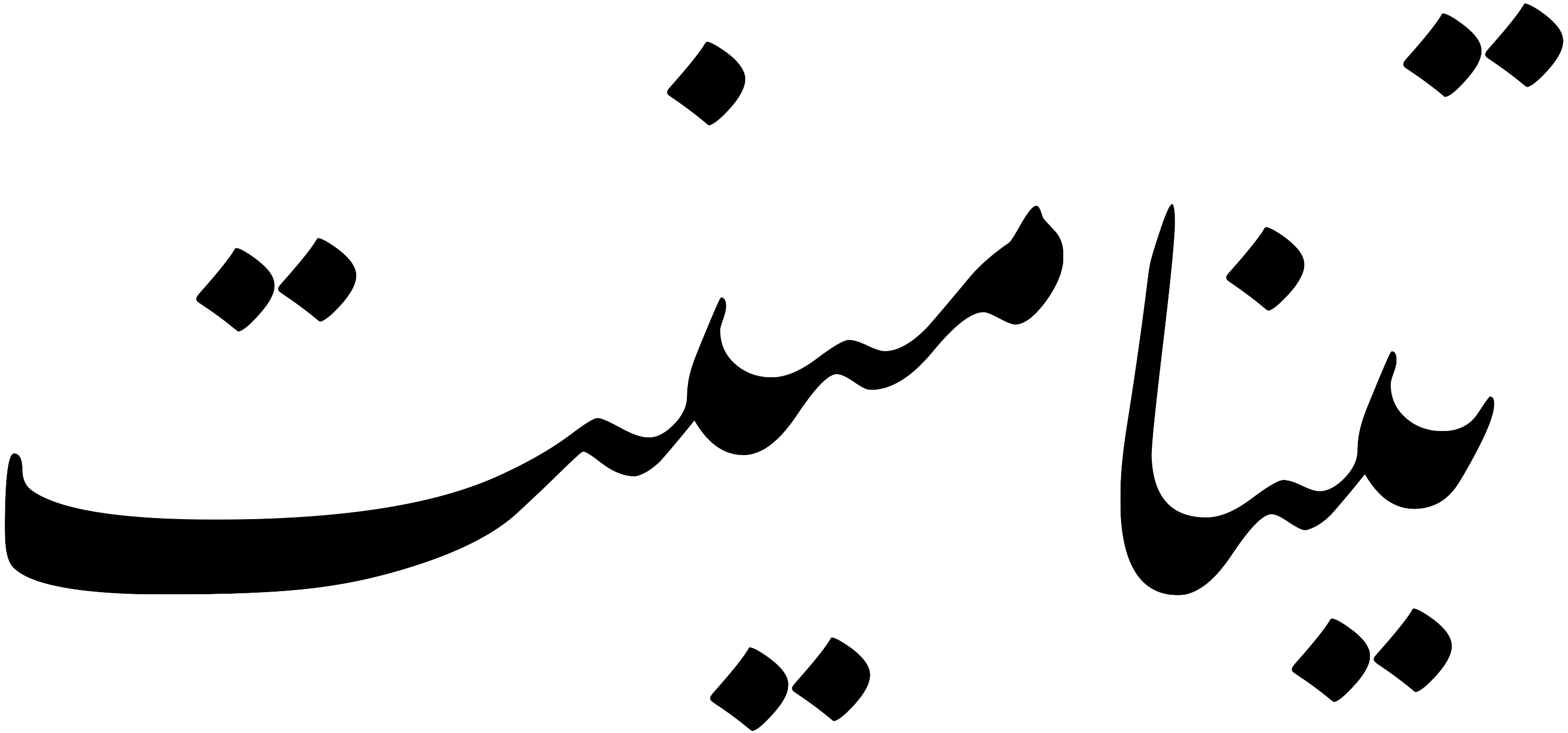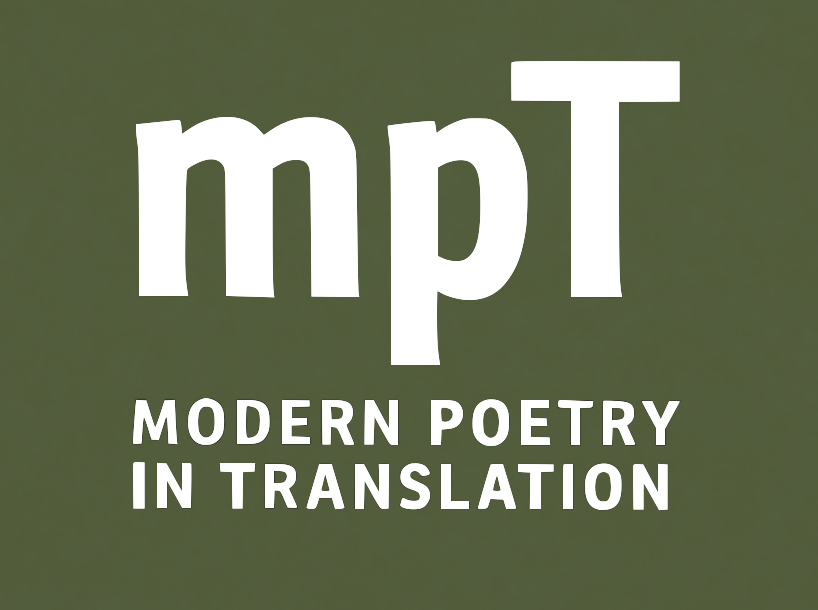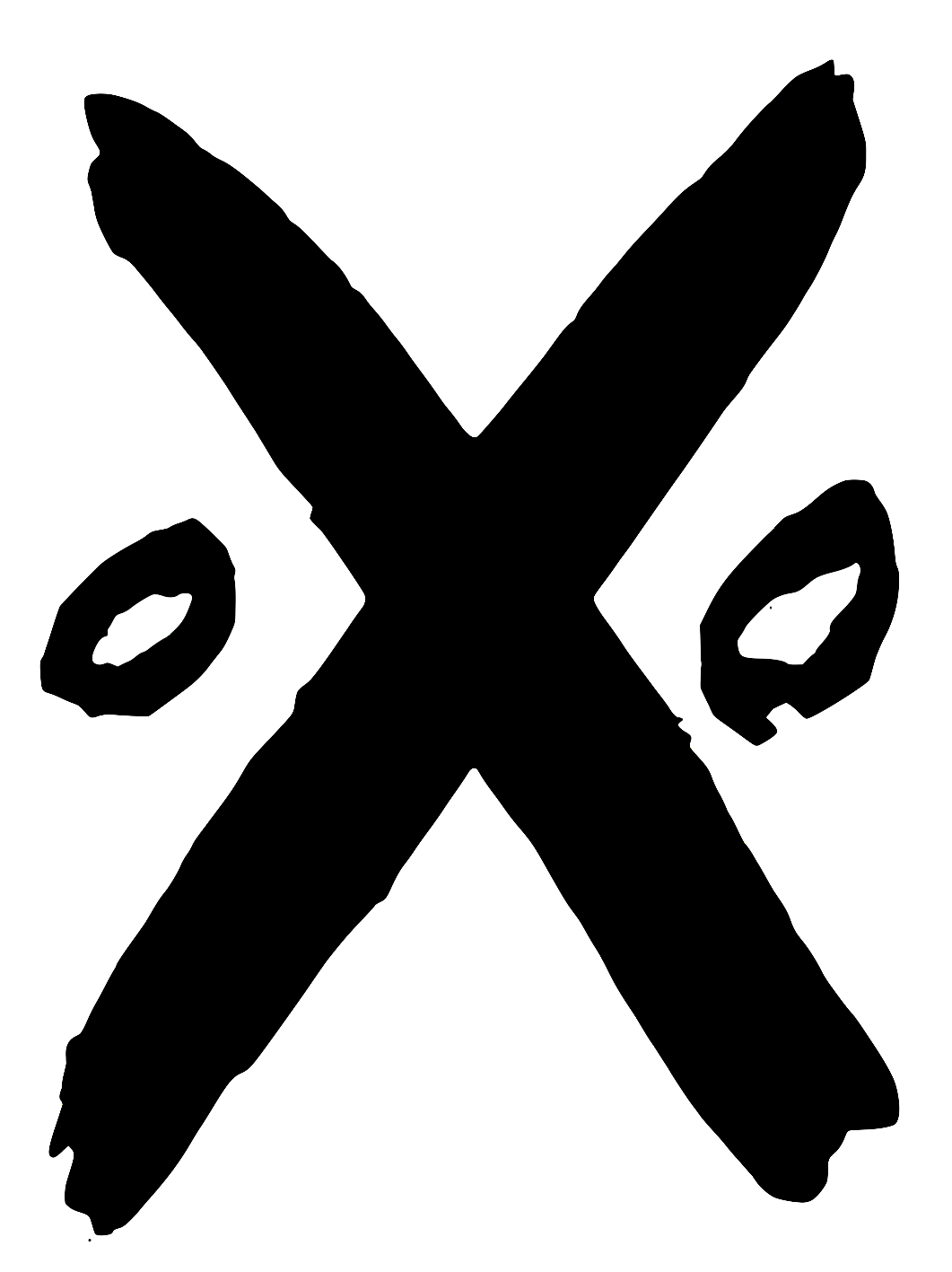Rehearsal / 40. Three Sea Shells /
& Tamer Khail
Translated from the Arabic
by Batool Abu Akleen
Collected and translated by Batool Abu Akleen—and
edited by Cristina Viti—Sea Shells is a digital pamphlet
published by Modern Poetry in Translation spotlighting
nine emerging Gazan poets:
Wadah Abu Jami
Rawan Qwaider
Mojeeb Al Bayed
Asmaa Dwaima
Mariam Mohammed Al Khateeb
Heba Al-Agha
Tamer Khail
Yazeed Shaat
& Samar Al Guhssain
What follows are three poems excerpted from the
pamphlet, which can be read in full via mpT.
Read Abu Akleen’s Sea Shells in full
via Modern Poetry in Translation.
![]()
Poetry is the eternal voice of the slaughtered when slaughter binds their hands—or as Cristina Viti likes to say, it is medicine for the soul, protection against insanity in such situations.
We are presenting ten poems written by Gazan poets during the ongoing genocide. Each poem shows a different kind of pain: a man wants to place dates in the mouths of mourners so it won’t be said that throats were sore at the funeral of his beloved; a mother hates white sheets because death might sleep in them; a girl doesn’t know how to collect her friends’ wooden corpses; and many questions are drowning in confusion.
Poetry aims to raise questions more than answering them. As these poems drowned their writers and myself in questions, so they might drown you, not only in questions, but also in pain. When that happens, don’t look for an escape: rather, understand this pain more deeply, tell others about it. Perhaps then the open wound the genocide left in our souls will be healed.
Batool Abu Akleen
Spring 2025
* Pablo Neruda, Confieso que he vivido
(Barcelona: Seix Barral, 1979, p. 63) /
translated by Cristina Viti.
![]()
Mariam Mohammed Al Khateeb
Yazeed Shaat
Translated from the Arabic
by Batool Abu Akleen
Gaza, the Great Mosque (circa 1917),
℅ the Library of Congress.
℅ the Library of Congress.
Collected and translated by Batool Abu Akleen—and
edited by Cristina Viti—Sea Shells is a digital pamphlet
published by Modern Poetry in Translation spotlighting
nine emerging Gazan poets:
Wadah Abu Jami
Rawan Qwaider
Mojeeb Al Bayed
Asmaa Dwaima
Mariam Mohammed Al Khateeb
Heba Al-Agha
Tamer Khail
Yazeed Shaat
& Samar Al Guhssain
What follows are three poems excerpted from the
pamphlet, which can be read in full via mpT.
Read Abu Akleen’s Sea Shells in full
via Modern Poetry in Translation.

Gaza, the Old Town (circa 1862),
Albumen Print, ℅ the Library of Congress.
Albumen Print, ℅ the Library of Congress.
But poetry is not dead, she has the seven lives of a cat. They harass her, drag her around the street, spit on her and mock her, confine her to drown her out, banish her, imprison her, shoot at her—and there she is, coming out of all these accidents with a freshly washed face and a smile like rice grains. *
Poetry is the eternal voice of the slaughtered when slaughter binds their hands—or as Cristina Viti likes to say, it is medicine for the soul, protection against insanity in such situations.
We are presenting ten poems written by Gazan poets during the ongoing genocide. Each poem shows a different kind of pain: a man wants to place dates in the mouths of mourners so it won’t be said that throats were sore at the funeral of his beloved; a mother hates white sheets because death might sleep in them; a girl doesn’t know how to collect her friends’ wooden corpses; and many questions are drowning in confusion.
Poetry aims to raise questions more than answering them. As these poems drowned their writers and myself in questions, so they might drown you, not only in questions, but also in pain. When that happens, don’t look for an escape: rather, understand this pain more deeply, tell others about it. Perhaps then the open wound the genocide left in our souls will be healed.
Batool Abu Akleen
Spring 2025
* Pablo Neruda, Confieso que he vivido
(Barcelona: Seix Barral, 1979, p. 63) /
translated by Cristina Viti.

The al-Rimal neighbourhood, Gaza City.
(ATIA DARWISH / ZUMA PRESS / THE WALLSTREET JOURNAL)
(ATIA DARWISH / ZUMA PRESS / THE WALLSTREET JOURNAL)
Mariam Mohammed Al Khateeb, ‘After’
بعدَ عشرينَ عام
كرم
برتقال
أو قمر
سأجدها هناك
خلفَ الشاطئ ممتدة
الأطفالُ يسنّون أسنانهم بالمياهِ المالحة
القمرُ قاتم
كطفل وحيد في الإبادة
بعد عشرين عام و سفرجلة
سأفتحُ بابًا من السماء
لأعود وحيداً
مُثقلاً بالوصايا
سأعودُ بلا قدمين
غرستهما سابقًا في تراب الموت
لعليَّ أنجو من الشظايا /
.. الرمال / الوورد / السماء/ البيوت الشاحبة
هناك امرأتان بعيدتان
تمضغانِ عنبَ الحريةِ
تلوحان لي
تخبراني
أن لا فائدة مني
بأن لا فائدة من عودتي
ولا فائدة للبلاد بعد عشرين عام
لا فائدة من رائحةِ الخبز للموتى الجياع
لا فائدة من الطريق بعد الركام
لا شئ سيكون أبعد من عشرين عام
و قبلة على جبينِ طفلٍ
ذاب في البحر
After twenty years
vineyard
orange trees
or the moon
I will find it there
stretched out
behind the sea.
The children are sharpening their teeth with the salty water.
The moon is gloomy like a lonely child living through genocide.
After twenty years and a quince
I will open a door from the sky
to return
alone
laden with last wills.
I will come back without feet
I planted them in the ground of death
may I escape from the shrapnels/
the sands/ the roses/ the sky/ the pale houses.
Far away
there are two women
chewing the grapes of freedom
they are waving at me
and telling me
there is no use for me
no use for my returning
no use for the home after twenty years
no use for the smell of bread to the hungry corpses
no use for the path after the rubble
nothing will be further back than twenty years
and a kiss on the cheek of a child who melted in the sea
Yazeed Shaat, ‘A trip toward the wind’
على طريق البحر
أجلسُ
.مُقلداً بأغلالِ الخوف والقلق
،أجيل البصر
أقلِّبه ذاتَ اليمينِ وذات الشمال ؛
.لا جهةً تدلُّ على جهة
المدى مكتظٌ برؤوسٍ مقطوفةٌ من أجسادها
ووجوه نفث فيها الخوف
فطارت من مياسمها الحياة
تحملقُ فيَّ الحيرة
تمتصني حتى أخر قطرة دمٍ
تُمزقني
يُبعثرني الفزعُ على الأسفلتِ
كُل قطعةٍ تسلكُ طريقاً مُختلفاً
كل طريقٍ هاويةٌ ، تقذفني
.في فوهة التيه
ب “أين” يبدأ السؤال
طافحاً بالقسوةِ
أين المفرُّ ؟
أين الوجهةُ والمصير ؟
الموتُ يحيط بنا
البردُ يلسعُ أجسادَنا العارية
يتلذذُ بأرواحنا الهالكة
على مهلٍ
ينتهي من قتلنا
و بساديةٍ مُفرطة
يطلقُ زفيراً حاداً يجرحُ نقاءَ الهواء
!ويضحك
كل الطرقِ
.أولها وأوسطها وأخرها ضبابٌ سميك
كلما اقتربتْ عقاربُ الساعة من نهاية دورتها
اشتدتْ المُعضلة
بعُدت الإجابة
.تعمقت الهاوية
أركضُ مَشدوهاً كرجلٍ فقدَ ولده
في زحمةِ المجزرة
أبحثُ عن خطِ النهايةِ
.وطريق الخلاص
هل أنا حقاً على قيدِ الحياة
أم أنا حيٌّ مع الأموات ؟
هل الخيمةُ بيتيَ الأبدي
أم قبري الذي فوق التُراب ؟
كمن يبحثُ عن عينهِ اليُسرى بعينه اليُمنى
،أبحثُ عن الإجابة
!عن قشةِ الغريق وحباله الذائبة
أبحثُ عن الربِ في الأفق
.وفي زوايا السماء
أبحثُ عن قلبيَ
الذي سقط مني
على عتبةِ البيتِ
.حين رحلت
!كثيرةٌ هي الأسئلةُ
!قليلة هي الأجوبة
ربما
تكون الإجابةُ في السؤال
!والسؤالُ غارقٌ في التيهِ مِثلي
On the seafront road
I sit
chained at the neck to fear and worry
I look around
turn my gaze to the right then to the left
no direction leads to any direction
the horizon is thronged with heads plucked from their bodies
faces on which fear blew
stigmas of flowers from which life flew.
Confusion is staring at me
sucking me dry
to the last drop of my blood
it tears me apart
panic scatters me on the pavement
each piece takes a different road
each road is an abyss that throws me into the maw of loss.
‘Where?’
The harsh questions start.
Where is our shelter?
Where is our destination, where our destiny?
Death surrounds us
the cold stings our naked bodies
relishing our mortal souls.
Leisurely
it finishes killing us
and with exaggerated sadism
releases a sharp exhalation
wounding the pure air
and then…
it laughs.
All roads
their beginning, middle, and end
are covered in mist.
As the sting of the hours is about to complete a cycle
the conflict intensifies
the solution is further away
and the abyss gets deeper
I run
paralysed like a man who lost his son in the genocide
I look for the path to the end
and the road to salvation
Am I still alive?
Am I alive among the dead?
Will the tent be my home for ever?
Or is it my grave above the ground?
Like a person looking for his left eye with his right eye
I look for the answer
for the drowned person’s straw and frayed ropes
I look to see God in the horizon
and in the corners of the sky
I look for my heart which fell from me
on the doorstep of my home when I escaped
too many questions
few answers
maybe
the answer is within the question
and the question was submerged in confusion like me.
Tamer Khail, ‘The birth of an absentee’
بعدَ عشرينَ عام
كرم
برتقال
أو قمر
سأجدها هناك
خلفَ الشاطئ ممتدة
الأطفالُ يسنّون أسنانهم بالمياهِ المالحة
القمرُ قاتم
كطفل وحيد في الإبادة
بعد عشرين عام و سفرجلة
سأفتحُ بابًا من السماء
لأعود وحيداً
مُثقلاً بالوصايا
سأعودُ بلا قدمين
غرستهما سابقًا في تراب الموت
لعليَّ أنجو من الشظايا /
.. الرمال / الوورد / السماء/ البيوت الشاحبة
هناك امرأتان بعيدتان
تمضغانِ عنبَ الحريةِ
تلوحان لي
تخبراني
أن لا فائدة مني
بأن لا فائدة من عودتي
ولا فائدة للبلاد بعد عشرين عام
لا فائدة من رائحةِ الخبز للموتى الجياع
لا فائدة من الطريق بعد الركام
لا شئ سيكون أبعد من عشرين عام
و قبلة على جبينِ طفلٍ
ذاب في البحر
After twenty years
vineyard
orange trees
or the moon
I will find it there
stretched out
behind the sea.
The children are sharpening their teeth with the salty water.
The moon is gloomy like a lonely child living through genocide.
After twenty years and a quince
I will open a door from the sky
to return
alone
laden with last wills.
I will come back without feet
I planted them in the ground of death
may I escape from the shrapnels/
the sands/ the roses/ the sky/ the pale houses.
Far away
there are two women
chewing the grapes of freedom
they are waving at me
and telling me
there is no use for me
no use for my returning
no use for the home after twenty years
no use for the smell of bread to the hungry corpses
no use for the path after the rubble
nothing will be further back than twenty years
and a kiss on the cheek of a child who melted in the sea
Yazeed Shaat, ‘A trip toward the wind’
على طريق البحر
أجلسُ
.مُقلداً بأغلالِ الخوف والقلق
،أجيل البصر
أقلِّبه ذاتَ اليمينِ وذات الشمال ؛
.لا جهةً تدلُّ على جهة
المدى مكتظٌ برؤوسٍ مقطوفةٌ من أجسادها
ووجوه نفث فيها الخوف
فطارت من مياسمها الحياة
تحملقُ فيَّ الحيرة
تمتصني حتى أخر قطرة دمٍ
تُمزقني
يُبعثرني الفزعُ على الأسفلتِ
كُل قطعةٍ تسلكُ طريقاً مُختلفاً
كل طريقٍ هاويةٌ ، تقذفني
.في فوهة التيه
ب “أين” يبدأ السؤال
طافحاً بالقسوةِ
أين المفرُّ ؟
أين الوجهةُ والمصير ؟
الموتُ يحيط بنا
البردُ يلسعُ أجسادَنا العارية
يتلذذُ بأرواحنا الهالكة
على مهلٍ
ينتهي من قتلنا
و بساديةٍ مُفرطة
يطلقُ زفيراً حاداً يجرحُ نقاءَ الهواء
!ويضحك
كل الطرقِ
.أولها وأوسطها وأخرها ضبابٌ سميك
كلما اقتربتْ عقاربُ الساعة من نهاية دورتها
اشتدتْ المُعضلة
بعُدت الإجابة
.تعمقت الهاوية
أركضُ مَشدوهاً كرجلٍ فقدَ ولده
في زحمةِ المجزرة
أبحثُ عن خطِ النهايةِ
.وطريق الخلاص
هل أنا حقاً على قيدِ الحياة
أم أنا حيٌّ مع الأموات ؟
هل الخيمةُ بيتيَ الأبدي
أم قبري الذي فوق التُراب ؟
كمن يبحثُ عن عينهِ اليُسرى بعينه اليُمنى
،أبحثُ عن الإجابة
!عن قشةِ الغريق وحباله الذائبة
أبحثُ عن الربِ في الأفق
.وفي زوايا السماء
أبحثُ عن قلبيَ
الذي سقط مني
على عتبةِ البيتِ
.حين رحلت
!كثيرةٌ هي الأسئلةُ
!قليلة هي الأجوبة
ربما
تكون الإجابةُ في السؤال
!والسؤالُ غارقٌ في التيهِ مِثلي
On the seafront road
I sit
chained at the neck to fear and worry
I look around
turn my gaze to the right then to the left
no direction leads to any direction
the horizon is thronged with heads plucked from their bodies
faces on which fear blew
stigmas of flowers from which life flew.
Confusion is staring at me
sucking me dry
to the last drop of my blood
it tears me apart
panic scatters me on the pavement
each piece takes a different road
each road is an abyss that throws me into the maw of loss.
‘Where?’
The harsh questions start.
Where is our shelter?
Where is our destination, where our destiny?
Death surrounds us
the cold stings our naked bodies
relishing our mortal souls.
Leisurely
it finishes killing us
and with exaggerated sadism
releases a sharp exhalation
wounding the pure air
and then…
it laughs.
All roads
their beginning, middle, and end
are covered in mist.
As the sting of the hours is about to complete a cycle
the conflict intensifies
the solution is further away
and the abyss gets deeper
I run
paralysed like a man who lost his son in the genocide
I look for the path to the end
and the road to salvation
Am I still alive?
Am I alive among the dead?
Will the tent be my home for ever?
Or is it my grave above the ground?
Like a person looking for his left eye with his right eye
I look for the answer
for the drowned person’s straw and frayed ropes
I look to see God in the horizon
and in the corners of the sky
I look for my heart which fell from me
on the doorstep of my home when I escaped
too many questions
few answers
maybe
the answer is within the question
and the question was submerged in confusion like me.
Tamer Khail, ‘The birth of an absentee’
صباحٌ يعودُ ليحملَ
عنا الفراشاتِ نحو جمال الأفقْ
و أنا يا حبيبتي الشرنقةْ
أصعدُ الغيمَ
كي أطلق الحبَّ نحوكِ
قبل السفرْ
الربيعُ شعرك
يمسحُ ليل الحروبِ
،و يزرعُ خروبةً في خيام اللجوءِ
صباحُكِ
يقضمُ حر المؤبدِ
من عمري
ويجهزُ لي كرمةً في صحاري الوطنْ
سأمدُّ من قفص الغيبِ جفني
لعلّ على حدِّ حياتي قمرْ
سوفَ أكتبُ شعرًا
لغربانِ قريتنا المالحةْ
ثمّ
،أعبرُ
لن أجد البيتَ
في حبة البرتقالِ
ولا في رصاصٍ يشمر
عن ما أداري وراءَ الكفنْ
سوف أعبرُ
خاوٍ و أعمى
أجازفُ بالنورس المتبقي
على شرفة الموجِ
يصرخُ
تُجهضني الحربُ
يلتقفني الحبُّ
أبوس دموع رفاقي
لأكبر فوق القطاراتِ
أو في غيابة جبٍّ
،تنامُ النبوءةُ فيهِ
و أكبرُ
حين تفيض النبوءة
طفلًا قتيلًا
عنا الفراشاتِ نحو جمال الأفقْ
و أنا يا حبيبتي الشرنقةْ
أصعدُ الغيمَ
كي أطلق الحبَّ نحوكِ
قبل السفرْ
الربيعُ شعرك
يمسحُ ليل الحروبِ
،و يزرعُ خروبةً في خيام اللجوءِ
صباحُكِ
يقضمُ حر المؤبدِ
من عمري
ويجهزُ لي كرمةً في صحاري الوطنْ
سأمدُّ من قفص الغيبِ جفني
لعلّ على حدِّ حياتي قمرْ
سوفَ أكتبُ شعرًا
لغربانِ قريتنا المالحةْ
ثمّ
،أعبرُ
لن أجد البيتَ
في حبة البرتقالِ
ولا في رصاصٍ يشمر
عن ما أداري وراءَ الكفنْ
سوف أعبرُ
خاوٍ و أعمى
أجازفُ بالنورس المتبقي
على شرفة الموجِ
يصرخُ
تُجهضني الحربُ
يلتقفني الحبُّ
أبوس دموع رفاقي
لأكبر فوق القطاراتِ
أو في غيابة جبٍّ
،تنامُ النبوءةُ فيهِ
و أكبرُ
حين تفيض النبوءة
طفلًا قتيلًا
The morning returns
taking the butterflies from us
to the beauty of the horizon
and I, my cocoon, my love
I climb the clouds
to release my fondness for you
before travelling.
The spring is your hair
wiping the night clean of wars
and planting carob trees in refugees’ tents.
Your morning bites the eternal heat off my life
and prepares a vineyard for me in the deserts of our home.
I will strain to look from the cage of absence
maybe there is a moon
on the edge of my life
I will write poetry to the crows of our salty village
then
I will pass
I won’t find home in an orange
or in the bullets rolling up
what I’ve been hiding behind the coffin
I will pass
emptied
blinded
I will risk the last seagull
left on the ledge of waves.
The seagull screams
war terminates me
love catches me
I kiss my friends’ tears
I will grow old near trains
or in the depths of the well
where prophecy sleeps
I will grow old when the prophecy
washes a slain child away.
Read the Seashells pamphlet collection
in full via Modern Poetry in Translation.
Order a copy of Abu Akleen’s debut
collection—48Kg—direct from Tenement.
Mariam Mohammed Al Khateeb is a poet, oud player, translator and community activist, currently also studying for a qualification in dentistry. A writer and videomaker producing content about Palestine, Al Khateeb qualified to run for the Hult Prize, an annual competition in which students present ideas apt to solve pressing social issues such as food security, water access, energy and education.
Yazeed Shaat is a twenty-two-year-old Palestinian poet from Gaza, writing in the midst of the genocide and using poetry as a way to document the suffering he is witnessing.
Tamer Khail is a twenty-four-years old poet, artist and filmmaker from Gaza. The last film he worked on was presented at the 2024 Cairo International Film Festival. He has published his poetry in Arabic magazines and worked as a photographer during the genocide.
Batool Abu Akleen is a Palestinian poet and translator from Gaza City. At the age of fifteen, 2020, she won the Barjeel Poetry Prize for her poem ‘I didn’t steal the cloud,’ which was published in the Beirut-based magazine Rusted Radishesthereafter. Abu Akleen’s poetry has been translated into several languages and featured in numerous international publications, including ArabLit and The Massachusetts Review, amongst others. Her poem ‘Gunpowder’ was awarded third place in the 2025 London Magazine poetry prize, and her work was included in the July 2024 issue of Modern Poetry in Translation, ‘Salam to Gaza.’ Abu Akleen was Modern Poetry in Translation’s 2024 ‘Poet / Translator in Residence.’ Her poetry has appeared in editors Mohammed Al-Zaqzooq and Mahmoud Alshaer’s anthology, Letters from Gaza (Penguin, 2025) and—alongside Nahil Mohan, Sondos Sabra and Ala’a Obaid—she is one of the four Gazan authors included in editors Caryl Churchill and Gillian Slovo’s Voices of Resistance (Comma Press, 2025).
Cristina Viti is a translator and poet working with Italian, English and French. Among her recent publications are Pier Paolo Pasolini’s La rabbia / Anger (Tenement Press, 2022), a co-translation of poems by Anna Gréki, The Streets of Algiers and Other Poems (Smokestack Books, 2020), and her translation of Elsa Morante’s The World Saved by Kids and Other Epics (Seagull Books, 2016), which was shortlisted for the John Florio Prize. Viti held collaborative translation workshops within the Radical Translations project run by the French and Comparative Literature departments of King’s College; Tenement’s imprint No University Press published an anthology of texts resulting of these workshops in 2024, An Anarchist Playbook.
Cristina Viti is a translator and poet working with Italian, English and French. Among her recent publications are Pier Paolo Pasolini’s La rabbia / Anger (Tenement Press, 2022), a co-translation of poems by Anna Gréki, The Streets of Algiers and Other Poems (Smokestack Books, 2020), and her translation of Elsa Morante’s The World Saved by Kids and Other Epics (Seagull Books, 2016), which was shortlisted for the John Florio Prize. Viti held collaborative translation workshops within the Radical Translations project run by the French and Comparative Literature departments of King’s College; Tenement’s imprint No University Press published an anthology of texts resulting of these workshops in 2024, An Anarchist Playbook.




